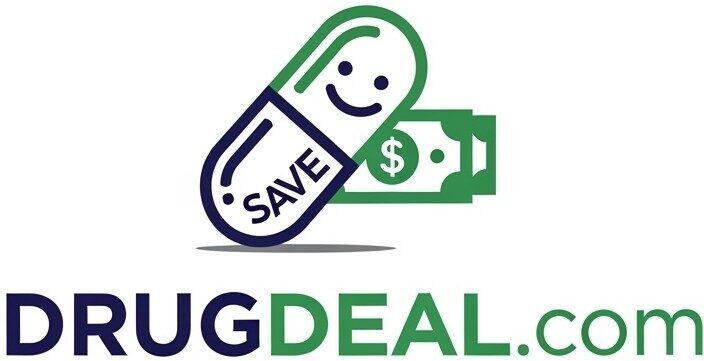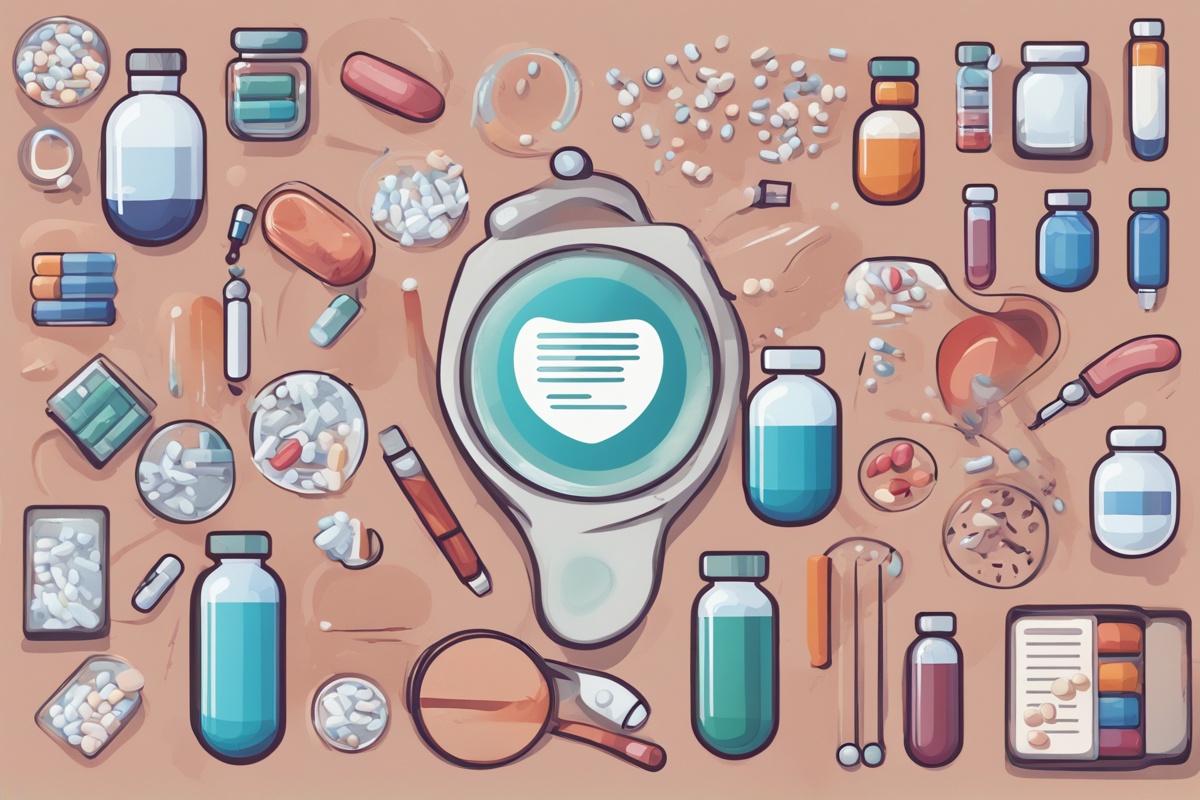Generic medications play a crucial role in modern healthcare, offering affordable alternatives to brand-name drugs. However, despite their widespread use, many people harbor concerns about their safety, efficacy, and overall reliability. In this post, we’ll address the most common concerns about generic medications, shedding light on myths and facts to help you make informed decisions about your health. Whether you’re a patient, caregiver, or simply curious, this guide aims to provide clarity on this often-misunderstood topic.
What Are Generic Medications?
Generic medications are drugs that are equivalent to brand-name drugs in terms of active ingredients, dosage, strength, safety, and intended use. They are typically released after the patent on a brand-name drug expires, allowing other manufacturers to produce and sell the same medication at a lower cost. The primary difference lies in the inactive ingredients (like fillers or binders) and sometimes the appearance, such as color or shape. However, these differences do not affect the drug’s therapeutic effect. Understanding this foundation is key to addressing common concerns about generic medications, as many misconceptions stem from a lack of awareness about how generics are developed and regulated.
Are Generic Medications as Effective as Brand-Name Drugs?
One of the most prevalent concerns about generic medications is whether they work as well as their brand-name counterparts. The short answer is yes. The U.S. Food and Drug Administration (FDA) requires generic drugs to be bioequivalent to the original drug, meaning they must deliver the same amount of active ingredient into the bloodstream within the same timeframe. Studies have consistently shown that generics perform just as effectively as brand-name drugs for most patients. If you’re still unsure, consult your healthcare provider or pharmacist for personalized advice. For more insights on drug efficacy, check out our post on Understanding Drug Bioequivalence.
Are Generic Medications Safe to Use?
Safety is another major worry when it comes to generic medications. Rest assured, generics undergo rigorous testing and must meet the same strict standards as brand-name drugs before they are approved for public use. Regulatory bodies like the FDA ensure that generics are manufactured in facilities that adhere to Good Manufacturing Practices (GMP). While rare issues with quality control can occur with any medication, these are not unique to generics. If you’re concerned about a specific generic drug, you can explore more about safety standards in our article on How Drugs Are Regulated for Safety.
Why Are Generic Medications So Much Cheaper?
A common concern about generic medications is their significantly lower price, which often leads people to question their quality. The cost difference arises because generic manufacturers do not have to invest in the extensive research, development, and marketing that brand-name drug companies do. Once a patent expires, multiple companies can produce the drug, increasing competition and driving prices down. This affordability makes generics a vital option for millions of people worldwide. To learn more about drug pricing, read our detailed guide on Factors Influencing Drug Costs.
Do Generic Medications Have Different Side Effects?
Some patients worry that generic medications might cause different or more severe side effects compared to brand-name drugs. While the active ingredients in generics are identical to those in brand-name drugs, the inactive ingredients (like fillers or dyes) can vary. In rare cases, these differences might cause minor reactions, such as mild allergic responses in sensitive individuals. However, the therapeutic effect and major side effect profiles are generally the same. If you experience unusual symptoms after switching to a generic, consult your doctor. For a deeper dive into managing side effects, explore our post on Navigating Medication Side Effects.
Can I Trust All Generic Drug Manufacturers?
Another concern about generic medications is the reliability of different manufacturers. While most generic drugs are produced by reputable companies that comply with regulatory standards, there have been isolated incidents of substandard products, often linked to overseas manufacturing with lax oversight. To minimize risks, stick to generics dispensed by trusted pharmacies and ask your pharmacist about the manufacturer if you have doubts. Regulatory agencies like the FDA also provide resources to report issues or check recalls. For more on choosing reliable medications, see our article on Selecting Trustworthy Pharmacies.
Disclaimer: The information provided in this post is for educational purposes only and should not be considered medical advice. Always consult with a qualified healthcare professional before making decisions about medications or treatments. The content does not replace professional medical guidance, diagnosis, or treatment, and we are not responsible for any actions taken based on this information.
References
- U.S. Food and Drug Administration – Generic Drug Facts
- World Health Organization – Generic Medicines
- National Center for Biotechnology Information – Bioequivalence of Generic Drugs
- Mayo Clinic – Generic Drugs: Are They as Good?
- Harvard Health Publishing – Generic Drugs: What You Need to Know
This content is for informational purposes only and not a substitute for professional advice.

